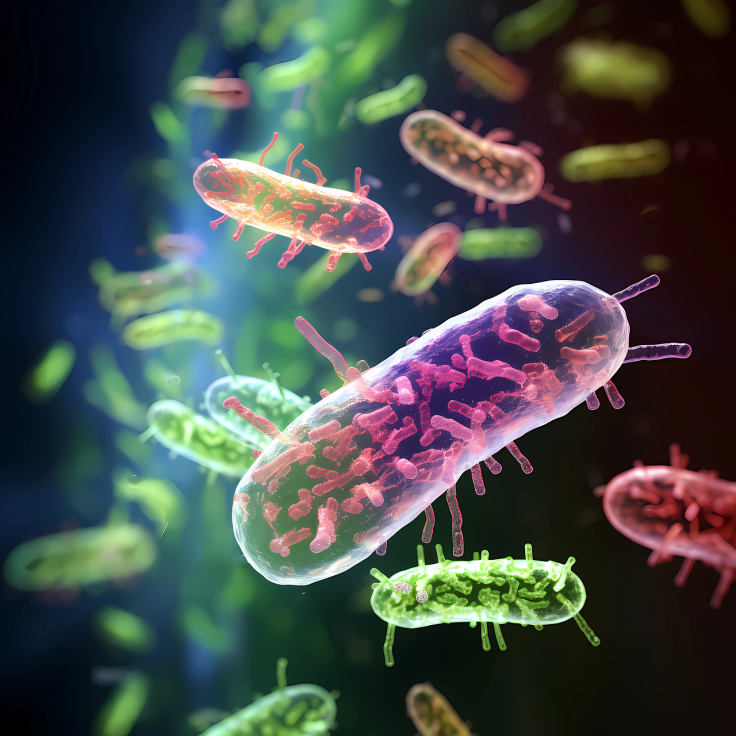E.Coli Outbreak In San Diego Leaves 7 Hospitalized: Know Symptoms, Causes Of Infection

An E. coli outbreak in San Diego has made at least 13 people sick, with seven being hospitalized. All patients reported dining at a local restaurant.
Escherichia coli (E. coli) is a bacteria that typically lives in the gut, with the majority of the strains being harmless. However, a few strains of E.coli such as O157:H7 may be present in contaminated food and water and can cause infection characterized by severe stomach cramps, bloody diarrhea and vomiting.
All cases in the latest outbreak were linked to dining at Miguel's Cocina 4S Ranch in San Diego. Of the seven hospitalized, at least one person has developed hemolytic uremic syndrome((HUS), a complication that results in the obstruction of blood vessels in the kidneys. The patients range from six to 87 years of age.
Health officials warn people who recently dined at the restaurant to watch out for symptoms and seek medical attention in case of any signs of illness.
"The specific food items that were sources of the E. coli bacteria at the restaurant are under investigation. The restaurant is cooperating and working closely with the County. This morning its management voluntarily decided to close until the source can be identified," San Diego County officials said in a news release.
"People who visited the restaurant and are feeling ill should see their doctor as soon as possible. We want them to get tested and have the results sent to the local health department. Those most at risk from infection are children, adults 65 and older, and people with weakened immune systems," said Wilma J. Wooten, county public health officer.
What are the signs of E. coli infection?
The signs of the bacterial infection may appear within a day or more than a week after the exposure. The symptoms include severe stomach cramps, diarrhea, vomiting and occasionally, a mild fever. The severity of the infection can range from mild to potentially life-threatening.
Pregnant women, young children, older adults and those with weak immune systems due to underlying medical issues such as cancer, diabetes or HIV/AIDS are at high risk of complications.
According to the Centers for Disease Control and Prevention (CDC), around 5 to 10% of people diagnosed with E. coli infection can develop hemolytic uremic syndrome. The complication develops about a week after the first signs appear, typically when diarrhea is improving. Reduced frequency of urination, fatigue and loss of pink color in cheeks and inside the lower eyelids are some of the symptoms.
Causes
Consuming undercooked ground beef, unpasteurized milk and contaminated vegetables can cause E. coli infection. Drinking water contaminated with human or animal stool also leads to infection. Improper hand hygiene also results in transmission of the bacterial infection from an infected person.
Prevention
- Maintain proper hand and food hygiene
- Cook meats thoroughly before consumption
- Avoid drinking raw milk and unpasteurized juices
- Avoid swallowing water while swimming in ponds and lakes
Published by Medicaldaily.com



























